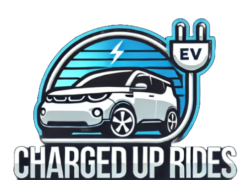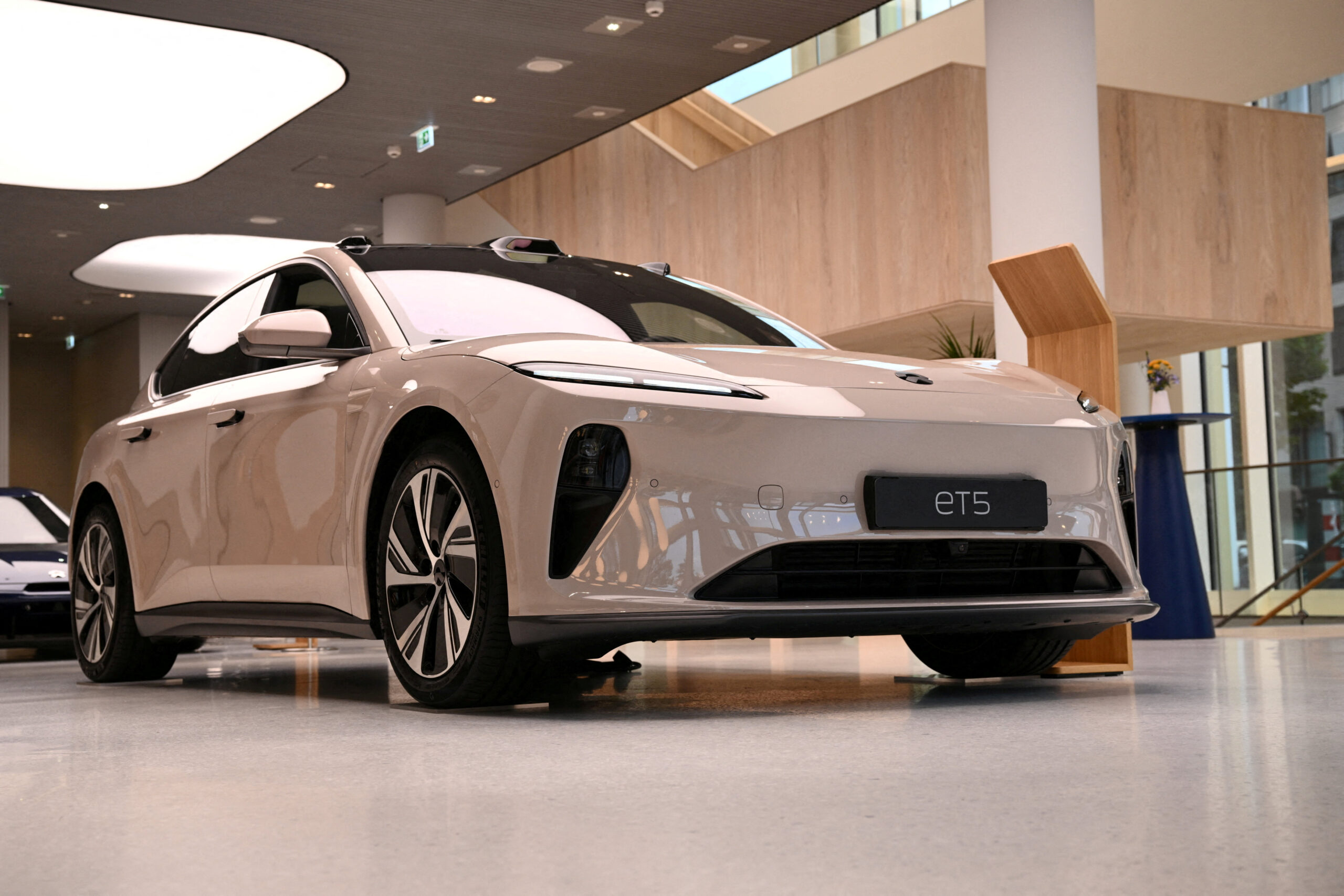In recent years, Chinese electric vehicles have stormed onto the global automotive stage, challenging established players like Tesla and traditional automakers. But as these vehicles become increasingly available worldwide, one question looms large: Are Chinese EVs actually worth buying? Let’s dive deep into this analysis.
The Rise of Chinese EVs: A Game-Changing Shift
The transformation of Chinese automakers from mere imitators to innovative leaders is perhaps the most remarkable story in today’s automotive industry. Companies like BYD, backed by Warren Buffett, have evolved from producing simple electric bikes to becoming the world’s largest EV manufacturer, surpassing Tesla in global sales volumes.
Leading Chinese EV manufacturers now include:
- BYD (Build Your Dreams)
- NIO (Often called the “Tesla of China”)
- XPENG
- Li Auto
In 2023, Chinese manufacturers accounted for nearly 60% of global EV sales, with BYD alone delivering over 3 million electric vehicles. This meteoric rise isn’t just about volume – it’s about innovation and value proposition.
Price: The Biggest Draw
The most compelling argument for Chinese EVs is their pricing strategy. Let’s look at some key comparisons:
Tesla Model 3 vs. BYD Seal
- Tesla Model 3: Starting at $40,240
- BYD Seal: Starting at $31,000
- Similar range and features, but $9,000+ difference
Premium Segment
- NIO ET7: Starting at $69,000
- Tesla Model S: Starting at $88,490
- Similar luxury features, significant price advantage
What makes these price points even more impressive is that they don’t necessarily indicate inferior quality. Chinese manufacturers have achieved these prices through:
- Vertical integration (especially in battery production)
- Advanced manufacturing processes
- Economies of scale
- Government subsidies and support
Technology Face-Off: Chinese EVs vs. Tesla
Chinese EVs have made remarkable strides in technology, sometimes even surpassing Western competitors:
Battery Technology
- BYD’s Blade Battery: Enhanced safety and energy density
- NIO’s Battery Swap: 3-minute battery replacement
- CATL’s new M3P batteries: 10% more energy density than Tesla’s 4680 cells
Smart Features
- NIO’s NOMI AI assistant
- XPENG’s Navigation Guided Pilot
- BYD’s DiPilot system
While Tesla still leads in some areas like full self-driving capability and software integration, Chinese EVs often offer more features as standard equipment.
Build Quality & Safety
Quality concerns have largely been addressed by modern Chinese EVs:
- Euro NCAP 5-star ratings for several models
- Advanced manufacturing facilities
- ISO 9001 certification
- Robust quality control systems
Common quality metrics show:
- Panel gaps comparable to premium German brands
- High-quality interior materials
- Reliable electrical systems
- Strong structural integrity
Practical Considerations Before Buying
Before making a purchase, consider:
Service Network
- Growing but still limited outside China
- Varying dealer experience levels
- Parts availability can be challenging
Resale Value
- Still establishing track record
- Current data suggests 15-20% lower depreciation than traditional ICE vehicles
- Better than expected value retention
Insurance and Maintenance
- Generally lower maintenance costs due to fewer moving parts
- Insurance rates comparable to established brands
- Battery warranty typically 8 years/150,000 km
Top Models Worth Considering
BYD Seal
- Range: 350-375 miles
- 0-60 mph: 3.8 seconds
- Premium interior
- Excellent value proposition
NIO ET7
- Range: 375-500 miles
- Advanced autonomous features
- Luxury interior
- Battery swap capability
XPENG P7
- Range: 350-440 miles
- Competitive pricing
- Strong technology integration
- Sophisticated design
The Verdict: Are They Worth Buying?
Chinese EVs present a compelling case for purchase in 2024:
Pros:
- Excellent value for money
- Advanced technology
- Impressive range
- Modern design
- Strong safety ratings
Cons:
- Limited service network outside China
- Unproven long-term reliability
- Brand recognition still developing
- Potential geopolitical risks
Who Should Buy:
- Tech-savvy consumers
- Value-conscious buyers
- Early adopters
- Urban dwellers in areas with good service coverage
Who Should Wait:
- Those in areas without service centers
- Buyers needing established brand recognition
- People requiring guaranteed parts availability
- Those concerned about geopolitical tensions
Looking Ahead
The Chinese EV industry shows no signs of slowing down. With continued investment in R&D, manufacturing, and global expansion, these vehicles are likely to become even more competitive. As service networks expand and brand recognition grows, the value proposition will only strengthen.
For many buyers, Chinese EVs represent an opportunity to access advanced electric vehicle technology at a more accessible price point. While some concerns remain valid, the overall package is increasingly compelling, especially in markets with established service networks.
The decision to buy a Chinese EV ultimately depends on your specific circumstances, priorities, and location. However, dismissing these vehicles based on outdated perceptions would be a mistake. They represent a legitimate alternative to established brands and, in many cases, offer superior value for money.
Consider your needs carefully, test drive multiple options, and make an informed decision based on your specific requirements rather than preconceptions about country of origin.

